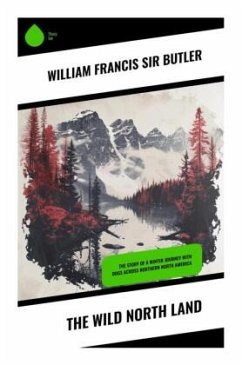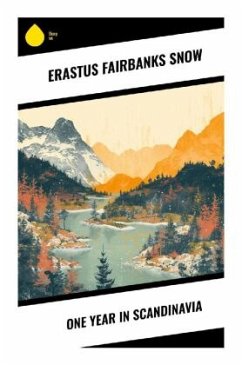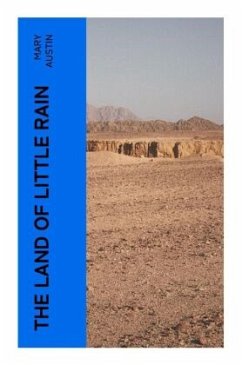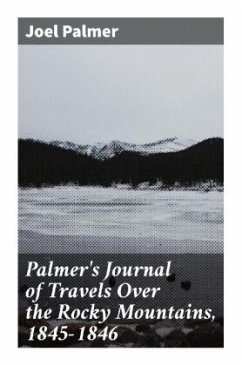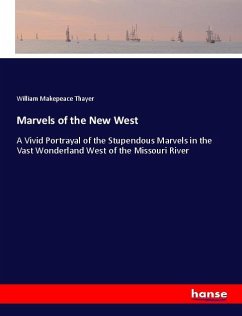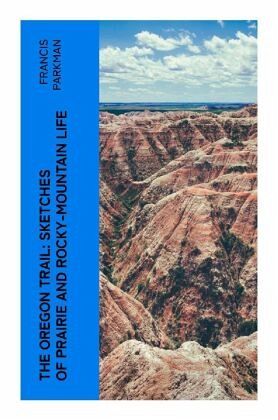
The Oregon Trail: Sketches of Prairie and Rocky-Mountain Life
Versandkostenfrei!
Versandfertig in 6-10 Tagen
13,20 €
inkl. MwSt.
Weitere Ausgaben:

PAYBACK Punkte
0 °P sammeln!
In "The Oregon Trail: Sketches of Prairie and Rocky-Mountain Life," Francis Parkman offers a vivid and immersive exploration of the American West through his firsthand experiences of the Oregon Trail in the mid-19th century. Written in a rich narrative style that blends travelogue with detailed observation, Parkman's work captures the diverse landscapes, Indigenous cultures, and the hardships faced by pioneers. The book stands as both a historical account and a literary achievement, encapsulating the spirit of westward expansion while providing critical insights into the environmental and soci...
In "The Oregon Trail: Sketches of Prairie and Rocky-Mountain Life," Francis Parkman offers a vivid and immersive exploration of the American West through his firsthand experiences of the Oregon Trail in the mid-19th century. Written in a rich narrative style that blends travelogue with detailed observation, Parkman's work captures the diverse landscapes, Indigenous cultures, and the hardships faced by pioneers. The book stands as both a historical account and a literary achievement, encapsulating the spirit of westward expansion while providing critical insights into the environmental and sociopolitical factors of the time. Parkman, a prominent American historian and a keen observer of nature and society, was motivated to write this work after his travels in 1846, influenced by his background in history and his passion for exploring the untamed wilderness. His upbringing in Boston, coupled with a deep interest in Native American cultures and American frontier life, allowed him toweave together personal anecdotes with broader historical narratives, enriching the reader's understanding of the period. "The Oregon Trail" is highly recommended for readers interested in American history, adventure, and the complexities of cultural encounters during westward expansion. Parkman's eloquent prose and meticulous attention to detail invite both scholars and casual readers to appreciate this seminal work that has helped shape our understanding of the American frontier.





